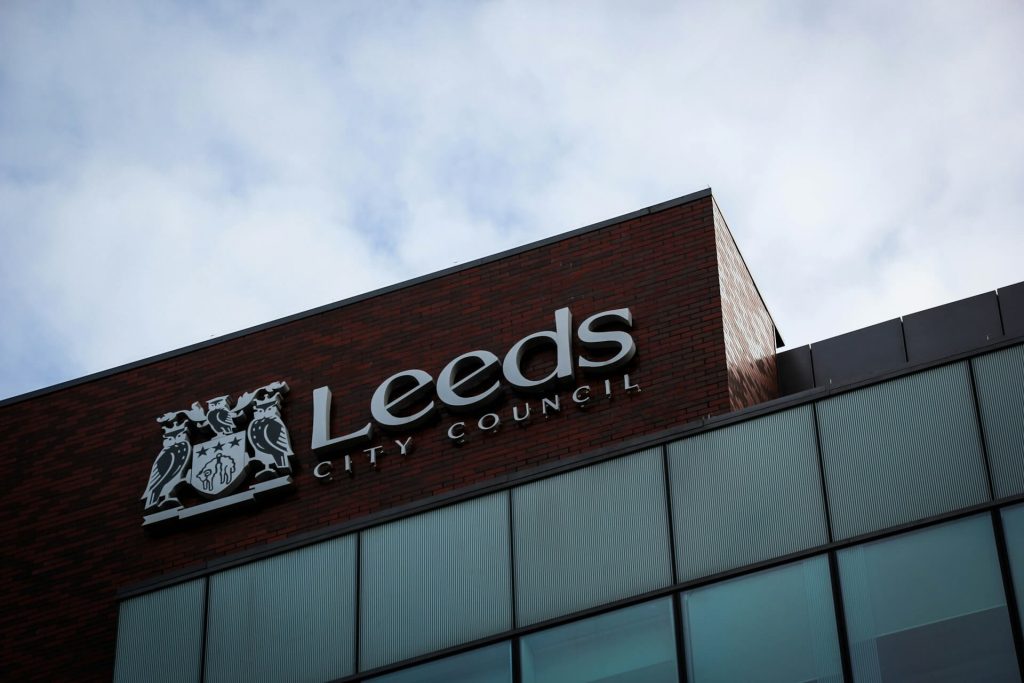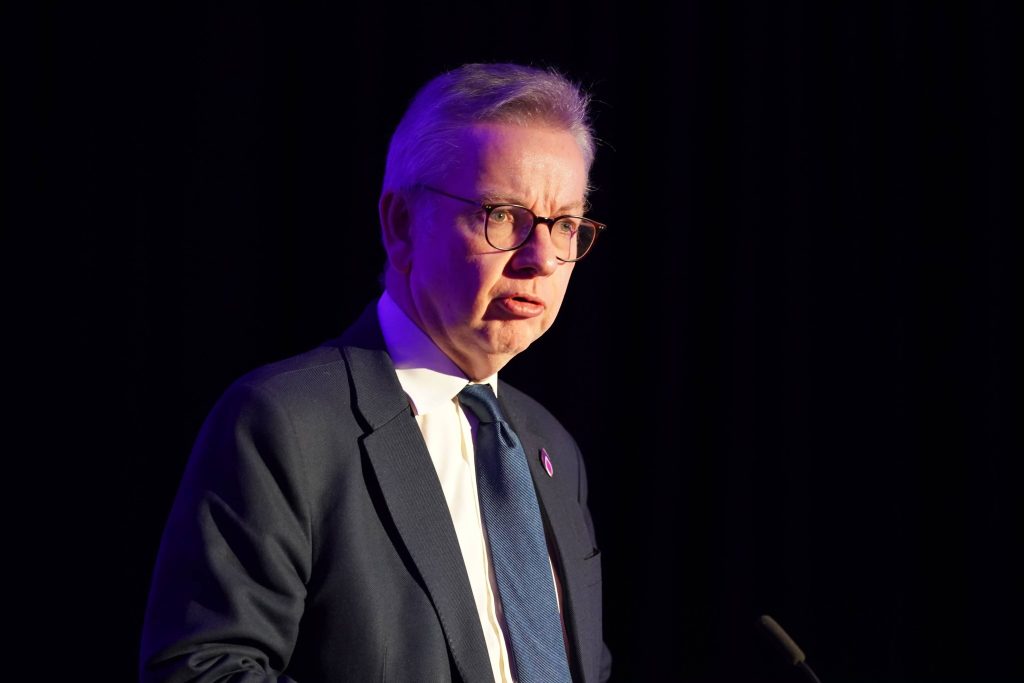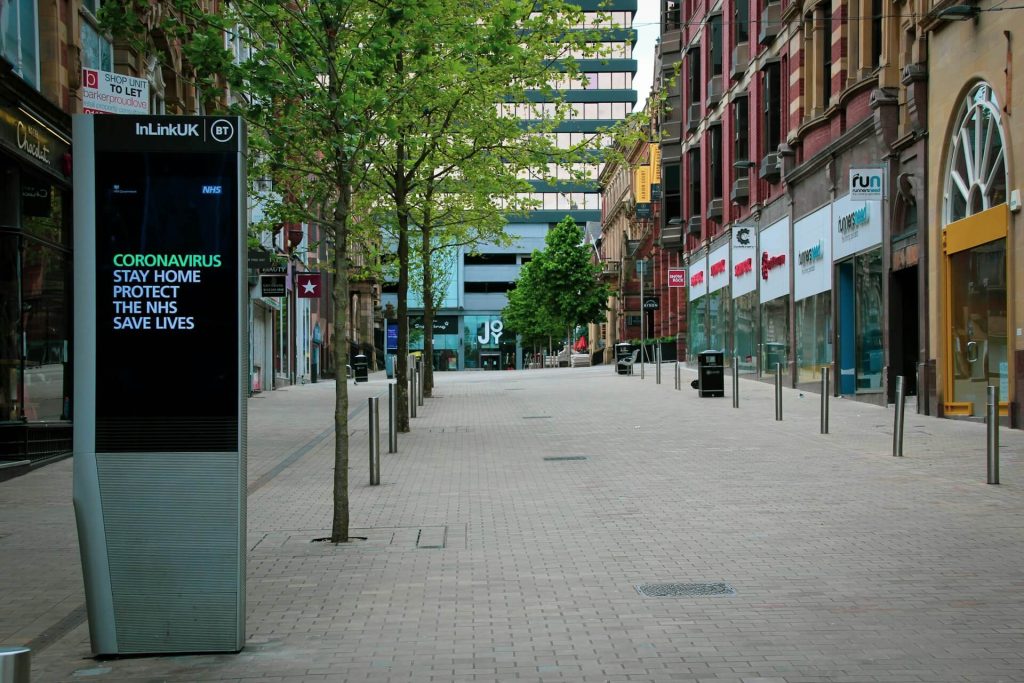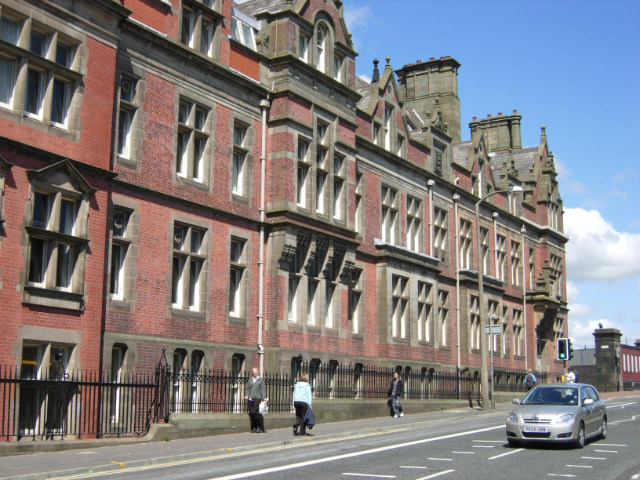Families throughout England are confronted with an inflation-exceeding council tax surge of £2 billion this spring, notwithstanding Rishi Sunak’s commitment to pre-election generosity in a bid to secure his leadership.
Related article: European Home Rentals: New Rules For Those Interested In Renting Their Homes To Tourist
Related article: Scotland: 7-Year Jail Term for Parents Opposing Child Gender Change!
As a response to the escalating financial turmoil impacting local government offices nationwide, authorities within Michael Gove’s leveling up department have communicated to council leaders an anticipation of a potential 4.99% rise come April.

Council Tax Bands In England Which Will Be Affected
Anticipated increases are projected to contribute approximately £100 to the standard council tax bill for a band D property, intensifying financial strain on families amidst the current 4% inflation rate.
This development coincides with Sunak’s focus on incorporating cuts to income taxes into the core strategy for the Tories’ re-election. A series of measures is expected to be unveiled during the spring budget, financed by “challenging decisions” to curtail spending on public services and welfare.
What Some Leaders Have To Say About Council Tax In England
Leaders in local government and experts caution that the escalation of council tax places the weight of the financial crisis on the shoulders of the most economically disadvantaged households.
David Phillips, an economist at the Institute for Fiscal Studies, highlighted that the impact would be most severe on the poorest households, as council tax constitutes a larger proportion of their monthly expenditures compared to wealthier families.
“Phillips expressed that implementing a rise in council tax while concurrently reducing various direct taxes, such as national insurance, income tax, and particularly capital gains tax and inheritance tax, would have regressive consequences.”

Relief Funding From The Government For Local Communities
Gove recently declared an infusion of an additional £600 million into the funding for local government in England to prevent a potential rebellion by Conservative Members of Parliament concerned about cuts to services in their respective areas.
“With this newfound financial support considered, local government in England is poised to experience a rise in essential spending capabilities of up to £4.5 billion in the coming year. This represents a 7.5% increase in monetary terms, surpassing inflation, and climbing from £60.2 billion in 2023-24 to a potential £64.7 billion,” he informed MPs last week.
However, noteworthy details overlooked by the government reveal that nearly half of the £4.5 billion boost hinges on the assumption that every local authority in England implements the maximum allowable council tax hike. If, instead, it remains frozen, the overall package would equate to an increase of around 4%, aligning with the current inflation rate.
Roger Gough, the Conservative leader of Kent County Council, remarked, “The spending power mentioned implies levying higher taxes on the residents of Kent. Or, at least, the government’s expectations are predicated on that assumption.”
James Lewis, the leader of the Labour party in charge of the city council in Leeds, expressed that citizens are facing an annual increase in council tax while receiving a diminished level of service due to the strain of covering reduced government grants.

Leveraging Increase In Council Tax To Make Up For The Shortfall
Lewis highlighted that the proportion of his city’s budget funded by Westminster has plummeted from approximately 36% a decade ago to around 5%, following total cuts amounting to £2.5 billion. Despite this decline in financial support, local authorities are still expected to bridge the gap, primarily through cost-saving measures, hikes in council tax, and generating revenue from fees and service charges.
Data from the Institute for Government reveals that councils have raised 30% more from council tax in real terms since 2010 in an effort to compensate for a substantial shortfall resulting from a 40% reduction in grant funding during the first decade of the Tories’ governance.
Stuart Hoddinott, a senior researcher at the think tank, commented, “It’s essentially shifting the financial burden to another location. This translates to replacing centralized taxation with localized taxation. While it places a comparable strain on individuals as an income tax increase, the attribution is to local councils rather than the central government. However, if it enables the chancellor to announce tax cuts in the budget, I can understand the appeal of such a strategy.”
Ben Bradley, the Conservative Member of Parliament who also serves as the leader of Nottinghamshire County Council, expressed approval for the recent funding boost allocated to councils. However, he emphasized the limited impact of reducing national tax bills by £100 if the savings are offset by increases in council tax. Bradley pointed out that there is public support, as indicated by polls, for prioritizing investment in public services. He asserted that it is possible to achieve both objectives.

Average Council Tax Rates England
Council tax hikes are restricted to a maximum of 4.99% annually unless a local referendum sanctions a higher increment—an occurrence that has yet to transpire. The sole referendum held in Bedfordshire in 2015 resulted in the majority of residents voting against an increase.
Certain struggling councils, such as Croydon, Thurrock, and Woking, have been granted larger increments of up to 15% by Michael Gove due to perceived “exceptional” financial circumstances. Meanwhile, others like Birmingham and Somerset are seeking approval for 10% increases.
These increments coincide with escalating calls for reforms to the council tax system, which still relies on property valuations from 1991 despite significant growth in house prices over the past thirty years. Council tax was initially introduced in 1993 to replace the community charge, commonly known as the poll tax.
Revision Of Current Council Tax Rates
The Northern Powerhouse Partnership (NPP), an organization established by George Osborne to boost economic growth in the northern regions of England, recently suggested that revisions to council tax could help tackle the escalating “crisis in local government” faced by authorities in less prosperous areas with the lowest tax bases.
According to the NPP, a household residing in a £150,000 property in Hartlepool pays over £200 annually in council tax compared to someone in Westminster residing in an £8 million property.
A spokesperson for the government stated, “Councils are in charge of their own finances and determine council tax rates, but it is imperative that they consider the impact on the cost of living. We remain committed to shielding taxpayers from excessive council tax hikes through referendum principles.”











